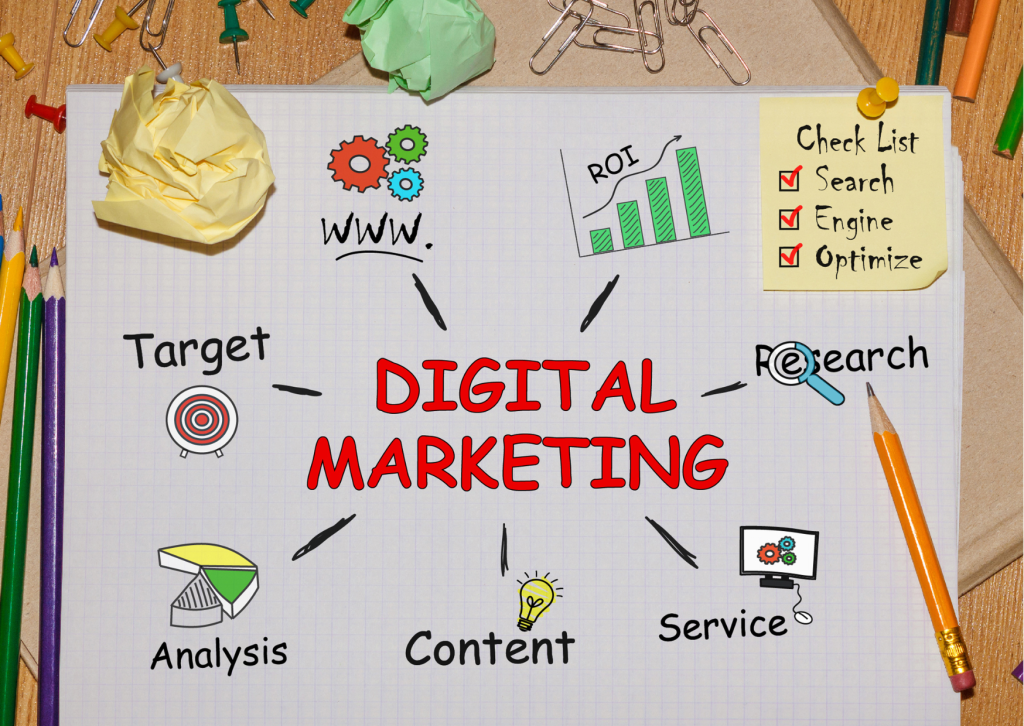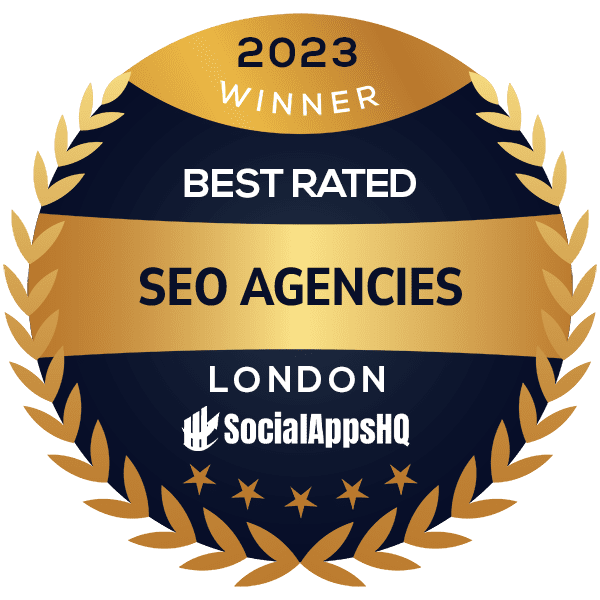The Future of Web Design: Trends to Watch in 2025
The world of web design is evolving at lightning speed, and as we approach 2025, innovation is set to reach new heights. For Web Design Agencies London, it’s crucial to stay ahead of the curve to deliver cutting-edge digital experiences that engage users and drive business growth. Whether in the heart of the capital or working with businesses across the UK, understanding the emerging trends can give you the competitive edge you need. Let’s dive into some of the most anticipated web design trends to watch in 2025 and how they’ll shape the future of Web Design in London. 1. AI-Powered Personalisation By 2025, artificial intelligence (AI) will be at the forefront of web design. Websites will no longer be static, one-size-fits-all experiences. Instead, AI will enable designers to create dynamic and personalised websites catering to each visitor. Imagine a website that learns a user’s behaviour in real time, offering tailored content, recommendations, and dynamic layout changes based on preferences. For Web Design Agencies in London, the challenge will be seamlessly integrating AI without compromising creativity. While AI-driven solutions offer significant potential for personalising user experiences, agencies must ensure they don’t lose the human touch that makes great web design memorable. 2. Voice User Interfaces (VUIs) The rise of smart devices and voice assistants is reshaping how users interact with websites. Designing websites with Voice User Interfaces (VUIs) will become essential as voice search grows. VUIs allow users to navigate and interact with websites through voice commands, improving accessibility and creating more intuitive experiences. This trend is especially relevant for businesses in London, where fast-paced lifestyles demand more efficient ways to interact with digital content. Web designers must rethink how they structure websites, ensuring that voice search functionality is seamlessly integrated to cater to on-the-go users. 3. Sustainable Web Design Sustainability isn’t just a buzzword; it’s a growing movement that will significantly influence web design in the coming years. By 2025, eco-conscious web design will play a critical role in reducing digital products’ carbon footprint. Minimalist designs, optimised code, and energy-efficient hosting are a few ways designers can contribute to sustainability efforts. For Web Design Agencies in London, creating sustainable websites will be a unique selling point. Clients will increasingly demand websites that are not only visually appealing but also environmentally friendly. This means prioritising lightweight designs, faster load times, and minimising data usage to create a greener web experience. 4. Immersive Experiences with Augmented Reality (AR) In 2025, web design will push the boundaries of what’s possible by embracing Augmented Reality (AR). This technology allows users to experience products, services, and environments in an interactive and immersive way without leaving their browsers. Whether it’s visualising furniture in a living room or trying on clothes virtually, AR will revolutionise e-commerce and digital experiences. Expect AR to be a game-changer for brands looking to differentiate themselves in a competitive market. 5. The Rise of Micro-Interactions Micro-interactions have been around for a while, but by 2025, they will take centre stage in creating delightful user experiences. These small, subtle animations and responses — like a button changing colour when hovered over or a notification popping up with a bounce — will be used strategically to guide users through a website. For Web Design Agencies in London, mastering micro-interactions will be essential for boosting engagement. These elements can make websites feel more intuitive and fun, leading to higher conversion rates and improved user satisfaction. Incorporating micro-interactions thoughtfully will help businesses build stronger connections with their users, creating websites that feel alive and responsive. 6. Dark Mode Optimization Dark mode has been gaining popularity, and by 2025, it will no longer be an optional feature. Offering dark mode is becoming a standard practice in web design, not only for its aesthetic appeal but also for the user experience benefits it provides. Dark mode reduces eye strain, improves battery life for mobile devices, and can even make certain content more visually striking. 7. No-Code/Low-Code Platforms No-code and low-code platforms democratise web design, allowing more people to create websites without deep technical expertise. By 2025, these platforms will become even more powerful, offering advanced features like dynamic content, e-commerce integration, and more. This shift will allow businesses of all sizes to build and manage websites more efficiently and affordably. This trend presents both an opportunity and a challenge for Web Design professionals in London. While no-code tools can empower businesses to build basic websites, there will still be a demand for expert designers who can craft bespoke, high-end websites that stand out. 8. Inclusive and Accessible Design Accessibility has always been important in web design, but by 2025, it will be a non-negotiable standard. Websites must be designed to accommodate all users, including those with disabilities. Inclusive design practices will be essential, such as ensuring screen readers can navigate sites easily, offering high-contrast visuals, and providing alt text for images. Meet the Future of Interaction As we look towards 2025, the future of web design promises to be an exciting blend of technology, creativity, and user-centric innovation. Web Design Agencies in London must embrace trends like AI-driven personalisation, VUIs, and sustainable practices to stay competitive in the ever-evolving digital landscape. At Jellie Digital, we’re at the forefront of these trends, crafting bespoke, future-proof websites that deliver exceptional user experiences. Whether a small business or an established brand, we can help you navigate the changing web design landscape and stand out online. Ready to future-proof your digital presence? Get in touch with us today. By staying ahead of these trends, agencies can meet and exceed client expectations, delivering websites that are not only visually stunning but also functional, accessible, and future-proof. The web design landscape is changing fast—are you ready?
The Future of Web Design: Trends to Watch in 2025 Read More »










